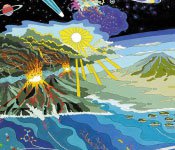
The search for life in the cosmos has been hindered by the absence of a general theory of life [Cleland]. Theories of life that have been based on the enumeration of properties of the life that we know (such as the cell, gene, and evolutionary theories of life) may even fail as grounds to search for life on Earth, as emerging molecular theories of life have suggested that there might be an entire biosphere in our immediate presence that is obscure to observational tools based on those theories (just as biospheres were overlooked or misunderstood before the invention of the microscope or the sequencing of ribosomal RNA). They are certainly failing as we prepare to look for life on subsurface Mars or, in more exotic environments, Europa, Titan, or Venus. Last, although nearly everyone agrees that Structure Theory from organic chemistry will be a necessary tool to analyze life, it is too broad to distinguish the living from the non-living. This talk will describe recent progress using four approaches to develop a theory of life. These simplify the life we know by going backwards in time towards a simpler life (paleogenetics), attempt to constrain the chemistry of life by defining possible mineral-chemistry interactions at that originated life on Earth, explore the solar system to define possible interactions between chemistries and real planetary environments, and create in the laboratory artificial chemical systems capable of Darwinian Evolution.
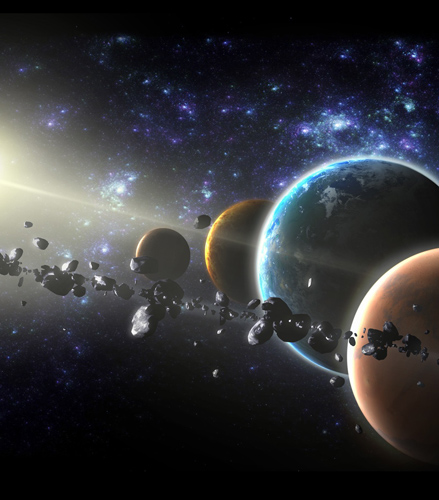 A Talk With Jim Green
A Talk With Jim Green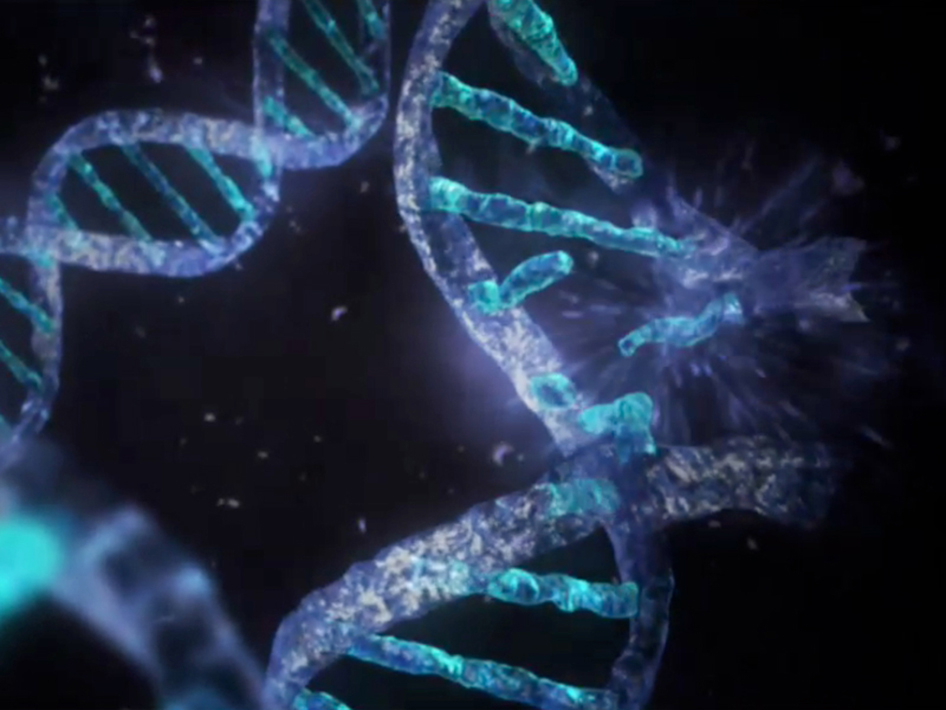 What Can Extant Genomes Reveal About Early DNA Metabolism?
What Can Extant Genomes Reveal About Early DNA Metabolism?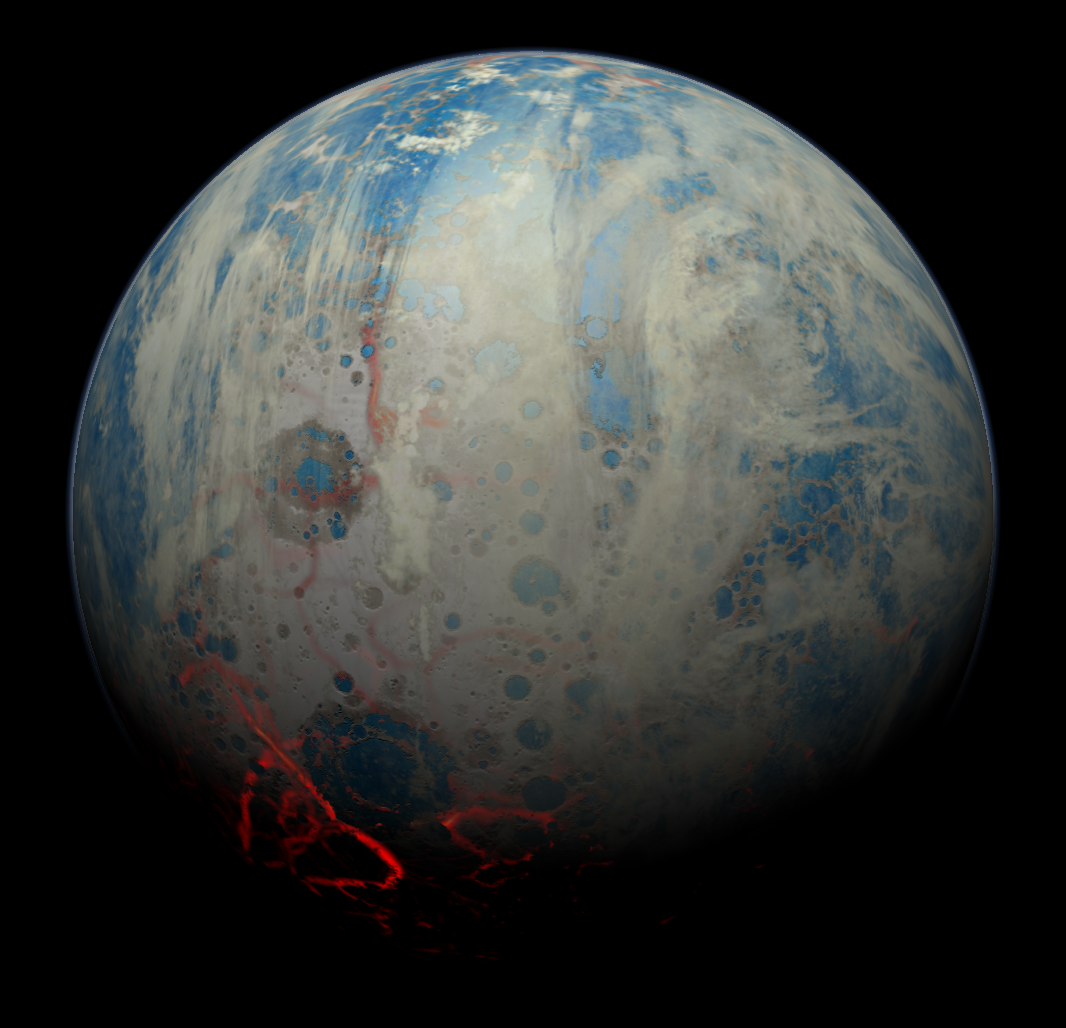 What We Talk About When We Talk About Earth's Oxygenation
What We Talk About When We Talk About Earth's Oxygenation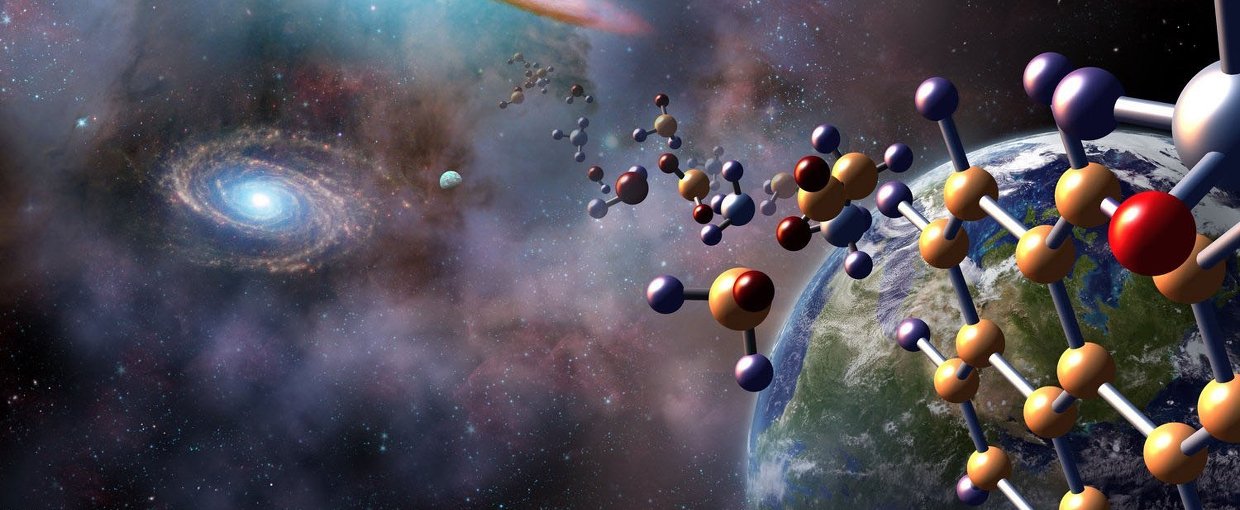 Bowling With Astrobiologists: A Twisted Path Toward the Origin of DNA
Bowling With Astrobiologists: A Twisted Path Toward the Origin of DNA